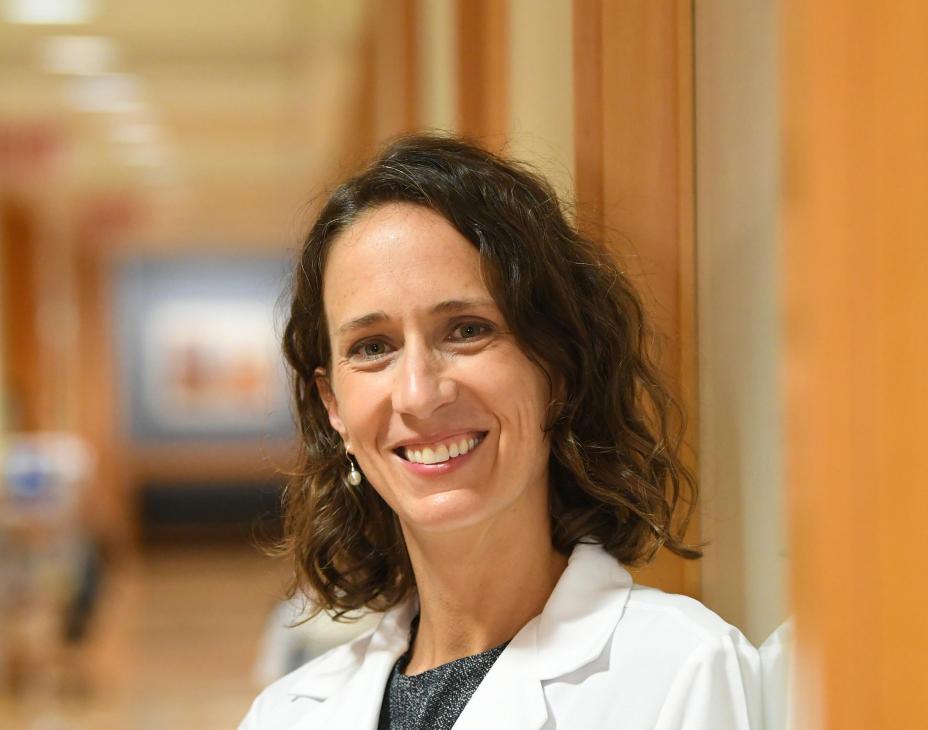These researchers dedicate their careers to finding new treatments and cures for people with cancer.

“I know firsthand the impact more effective treatments can have on the quantity and quality of life – not just for patients, but for their loved ones as well,” said Dr. Hawley.
For men in the United States, prostate cancer is the second most common–and deadly–form of cancer. This grant recipient shares how funding from a Young Investigator Award (YIA) is helping patients with prostate cancer and improving care for other genitourinary (GU) cancers.
Breakthroughs for Other Cancers
“My YIA-funded research is focused on a phase 2 clinical trial that aims to improve clinical outcomes for men with prostate cancer by combining standard of care therapies, androgen deprivation therapy (ADT) and chemotherapy, with immunotherapy,” explains Dr. Hawley, an oncologist at Columbia University in New York. “Our early data shows some very promising results, which we expect will lead to new combination therapies and potential new drug targets to treat men diagnosed with advanced prostate cancer.”
As she continues to understand her findings, Dr. Hawley believes the discoveries could also help patients with kidney and bladder cancer.
“Targeting a similar cell population in a different tumor type may expand the number and types of patients who will benefit from my early-stage work. I will also be finalizing a few projects that I started as a fellow to expand our understanding about how environmental factors and tumor-immune biology intersect to drive differential outcomes in GU malignancies.”
She’s just getting started
While she works to establish new clinical trials, Dr. Hawley is going back to school. She’s earning a Masters of Science in biostatistics at the Mailman School of Public Health at Columbia University “because statistics is at the heart of answering any hypothesis-based question.”
“My research vital, meaningful work, but the equipment and hours involved to collect and analyze samples on a single-cell level are expensive.”
“Being selected for a peer-reviewed research grant early in one’s career is an important first step in establishing a track record of funding,” said Dr. Hawley. “I’m grateful to the donors for investing in the research today, and the research I’ll be doing over the length of my career.”